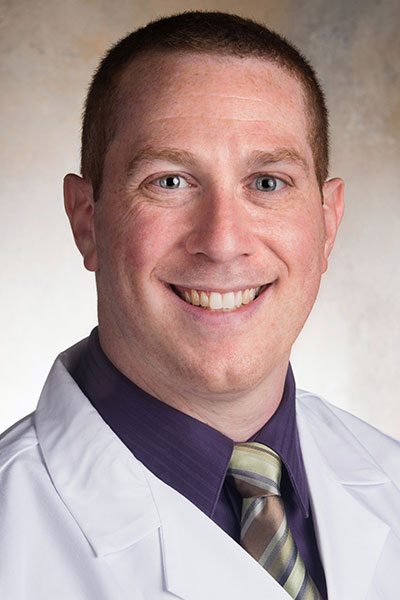Several emerging procedural interventions represent a dramatic shift in COPD management, but for these technologies to be effective, providers must first understand the clinical use and symptomatic indications for each technique.
Four experts will each review an emerging therapeutic modality during the session, Beyond Bronchodilators: Bronchoscopic Management of COPD, Monday, October 7, at 4:30 pm ET, in Room 205C of the Boston Convention & Exhibition Center.

“We’re no longer reliant upon the same inhalers and bronchodilators we’ve been using for decades,” said Session Chair, Jonathan Kurman, MD, MBA, FCCP, Assistant Professor of Medicine at the Medical College of Wisconsin. “Now we have new options that are completely changing the COPD management paradigm.”
Dr. Kurman will discuss the use of bronchoscopic fissure completion, a procedure which was performed in the US for the first time this year. Certain patients are ineligible to receive bronchoscopic lung volume reduction because of collateral ventilation associated with emphysema. However, bronchoscopic fissure completion could offer a hopeful alternative for this patient population.
“If this trial is successful, which I anticipate will be the case based on prior data from outside of the US, then we’ll have a new treatment option for folks with emphysema,” Dr. Kurman explained.
Chenchen Zhang, MD, PhD, Assistant Professor in Medicine at the University of Maryland School of Medicine, and Robert Browning, MD, FCCP, Chief of Interventional Pulmonology at Walter Reed National Military Medical Center, will analyze bronchial rheoplasty and metered-spray cryotherapy, respectively. Both therapies are designed to reduce goblet cell hyperplasia to decrease mucous hypersecretion in patients with chronic bronchitis.
Finally, Christian Ghattas, MD, FCCP, Assistant Professor of Medicine at The Ohio State University Wexner Medical Center, will explore applications for targeted lung denervation, which utilizes radiofrequency ablation to reduce the frequency of COPD exacerbations. Patients with more frequent COPD exacerbations carry a higher risk for mortality and morbidity, indicating that reducing the volume of these incidents could improve patient mortality rates.
“The nice thing about targeted lung denervation is that the eosinophil count doesn’t matter,” Dr. Kurman said. “For some of the medications currently available, patients need certain levels of eosinophils to qualify, so targeted lung denervation is more applicable to a broader patient population.”
According to Dr. Kurman, the applications of these new technologies must also coincide with a shift in providers’ perspectives and expectations for COPD management.
“Historically, the mindset behind managing COPD has been stability, but we don’t have to settle for this—in my mind—suboptimal target,” he said. “Now, the target for patients should be minimally symptomatic, if at all, even with exertion.”
Each therapeutic option discussed during the session is currently in the clinical trial phase but will likely become commercially available in the near future. Dr. Kurman emphasized that, because many people with COPD are living in significant discomfort, there’s a growing community of patients online who are aware and interested in these emerging treatments, meaning clinicians should be prepared to lead an informed discussion around them. “I want providers to be ready for those patient-driven inquiries,” he said. “If we don’t lead the charge, our patients will.”
Join us at CHEST 2025
Save the date for the next Annual Meeting, October 19 to 22, 2025, in Chicago. CHEST 2025 will explore the latest advancements in pulmonary, critical care, and sleep medicine, with a focus on innovation and the future, just as the city itself embodies progress and reinvention.





